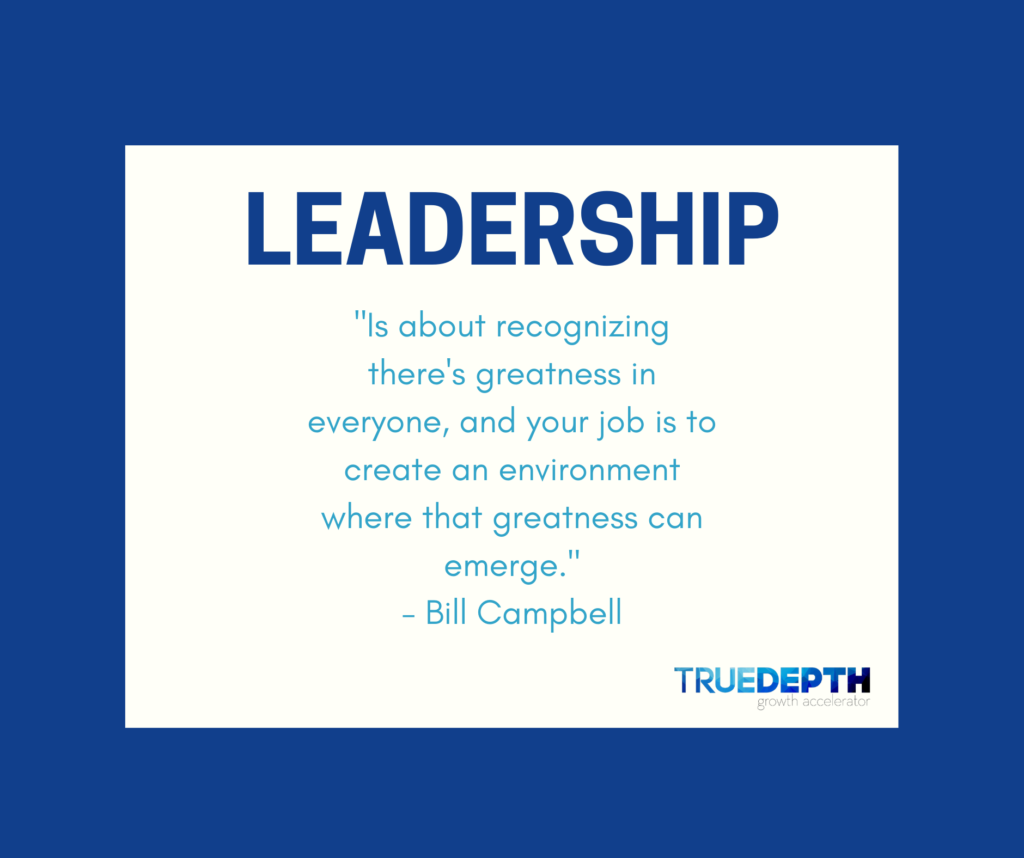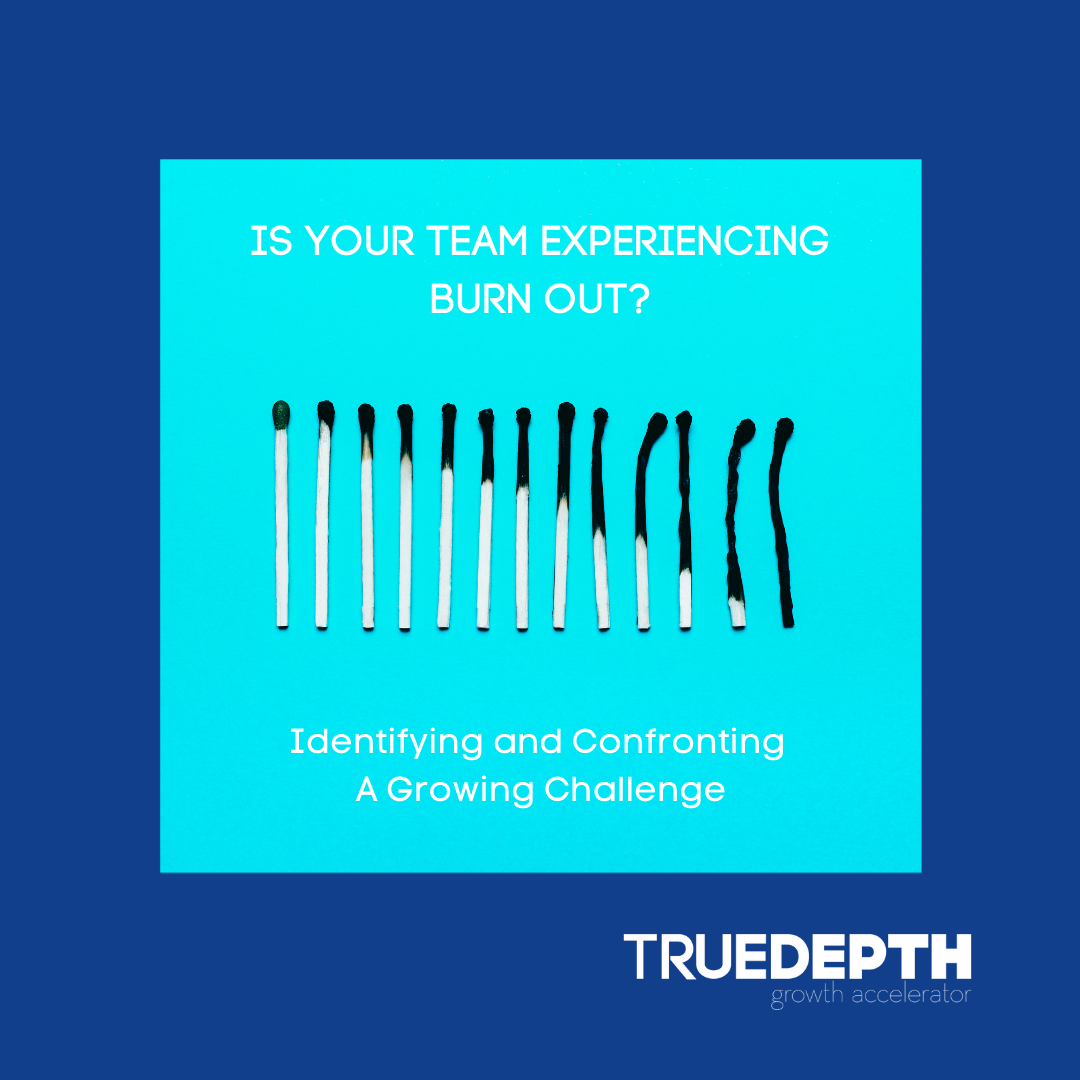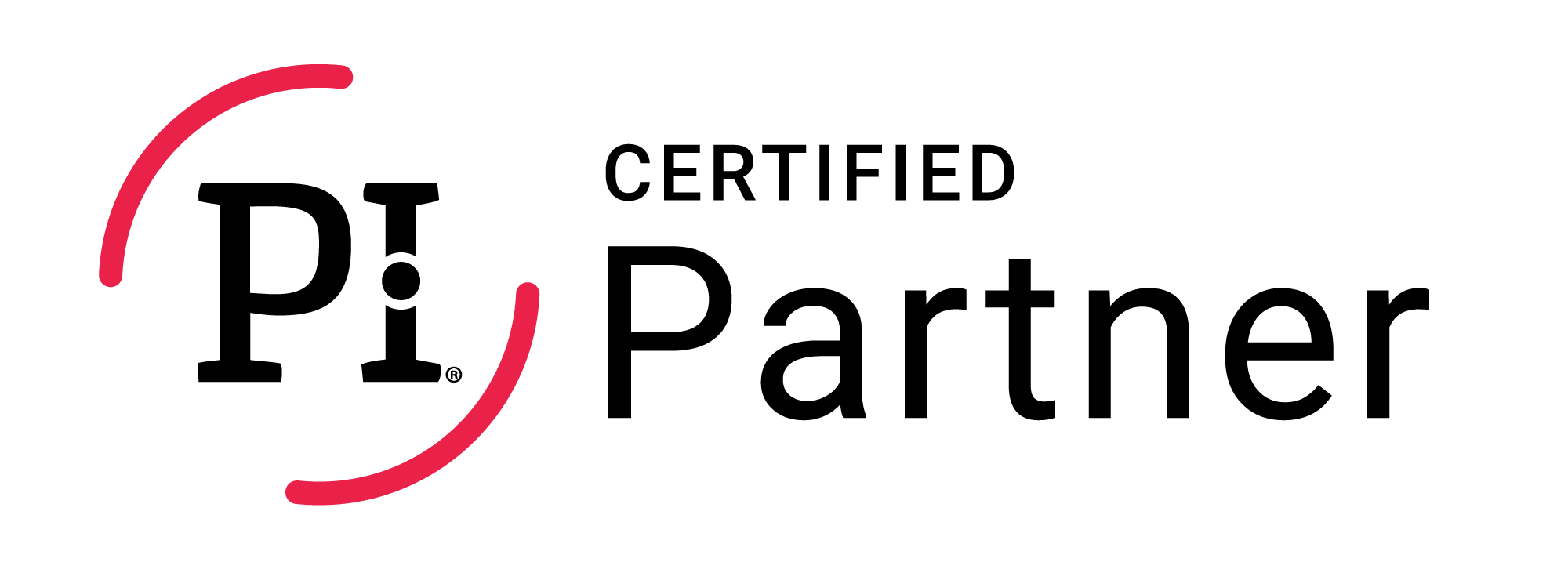Exhaustion. Sleeplessness. Depression. Anxiety. The emergence of unhealthy habits, behaviors, and addictions, combined with receding…
How Coachable Are You? Your Answer Will Predict Your Leadership Success
Coaching Insights
Having spent most of my career in and around technology, I get my inspiration from the pioneering greats of the new Wild West … people like Eric Schmidt, former CEO of Google, who unhesitatingly credits his longtime coach, the late Bill Campbell, for much of his success in building high-performing, fast-moving teams. Google co-founder Larry Page, Apple co-founder Steve Jobs, Facebook COO Sheryl Sandberg and plenty of other visionaries also sought guidance from the former-college-football-turned-executive coach – even well after they achieved off-the-charts acclaim.
Rather than trying to teach coaches to coach, the beloved “Coach Bill” is said to have spent his time with powerful corporate leaders discussing the traits of a good “coachee.” Things like honesty, humility, the willingness to persevere and work hard, a constant openness to learning and a genuine desire to be of service to something bigger than you.
Prioritize Your Organization’s Business Goals: Goal Setting – More Grit, Less Quit
A study published by The Plank Center for Public Relations at the University of Alabama not only showed a clear downward trend in leadership performance, it revealed an alarming disconnect between how leaders viewed their effectiveness and the way their direct reports saw things. While C-suite executives thought they were performing at A- levels, their staffs gave them C+ grades on average.
Concerns extend beyond the quality of our current class of leaders; our bench strength is not where it needs to be. Too many organizations, it’s been reported, are taking a do-it-yourself approach to leadership development – despite emerging leaders’ need and desire for internal and external mentors.
One reason for this is that leaders are not receiving enough candid feedback from the people around them. Leaders need to become more self-aware, especially as we consider today’s “unprecedented uncertainty,” according to Wharton School thought leaders. “Don’t highlight your solutions without asking for input,” they caution. “Humility needs to permeate the whole person of our leaders and throughout their organizations. It is critical that leaders acknowledge their own limitations and genuinely reach out to others to help them navigate through choppy and foggy waters.”
Without question, there is a call for leaders to be more open, collaborative, humble, and receptive to input. To be effective, leaders must listen to those they’re leading. Unfortunately, while there are lots of assessment tools and plenty of literature on how to give feedback, there is far less information available about the right way to receive it.
How to Be a Great Receiver
The goal is to create a culture for your organization or team where self-awareness, feedback, and coaching thrive. I am fortunate to have had a professional coach for several years who changed the trajectory of my career. He taught me a tremendous amount. And he pushed me to achieve things I wouldn’t have otherwise pursued. I miss his hugs. We were a good match.
I’m a big believer in the coach-player relationship, especially at important junctures. But I’m just as big a fan of feedback – formal and informal. We can learn so much from candid discussions with colleagues.
Following are a few tips to consider when you’re on the receiving end.
- Listen – Ask thoughtful questions. Repeat or paraphrase key themes and follow up during meetings to ensure you grasp what’s being shared. Consider creating scenarios or asking for examples to deepen your understanding. Then give yourself time to process.
- Show humility – Do not defend or justify. As the “coachee,” you should be doing far more listening than talking. It’s OK to share your point of view, but do not turn the session into an argument or debate. Remember: Understanding doesn’t equal agreement.
- Honor the relationship – People are generally happy to share their experiences and offer insights. But it’s our responsibility as the person seeking feedback to make the request, schedule time for a meeting, and think through our objectives and approach. Also, it’s important to keep the discussions confidential. The best coaching sessions can get personal and reveal a great deal about both participants. This is a time to demonstrate respect and trustworthiness.
- Get feedback in the moment – It’s easy to wait for the annual performance review. Or ask broad questions like, “How am I doing?” rather than seeking specific feedback immediately after an initiative concludes, a crisis passes, or a speech is delivered. Feedback is the most accurate and valuable when it is delivered in a timely fashion. And the more specificity, the better.
- Virtual reality – If you work remotely or require feedback from someone you rarely see in person, you will have to work harder to solicit input, as it is far less likely to happen naturally. Creating a comfortable environment for honest feedback is challenging enough, but when you add an extra layer of distance and perhaps another time zone, it can be far too easy to put off a meeting or skip altogether. Establish and communicate a process early on to ensure you enjoy all the rewards of feedback.
- Repeat – It is important that you not treat this as a one-and-done exercise. Continuous feedback from every level within (and even outside) the organization is ideal. And “how am I doing against objective x?” check-backs with the same people will demonstrate you were listening and taking their advice to heart. It’s also a way to ensure you stay on track. Consider setting up a follow-up conversation with your reviewer, with their permission, at the conclusion of every feedback meeting.
- Sincerely thank the feedback giver – Recognize this event as a significant opportunity for personal and professional growth. Express your appreciation in writing, noting the insights you gained. If applicable, indicate what you will do differently as a result of the discussion. Never forget: Feedback is a gift.

If you are struggling with giving/receiving feedback within your organization and teams, True Depth can help. We assist businesses in the technology, manufacturing, and professional services industries by helping you and your team achieve daring goals, solve complex problems, and develop a remarkable culture. Let us help you formulate a strategic plan to optimize operations and drive marketing performance to accelerate your growth. Contact True Depth to learn how to get started today.
Janet Tyler is a PEC-accredited executive coach, management consultant, and public relations industry leader. Her company, True Depth, is based in Detroit.



